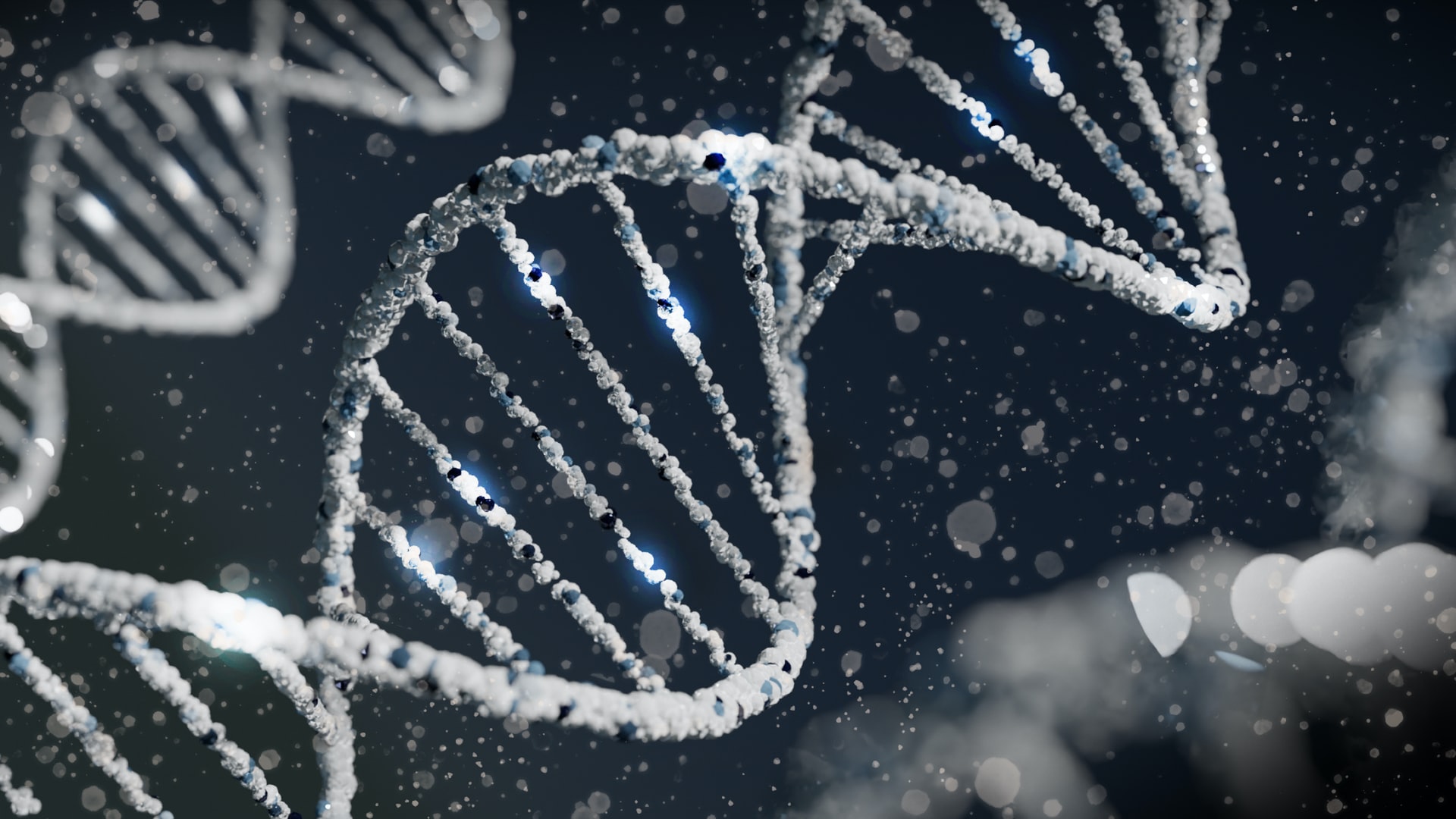How Single Cell Analysis Is Revolutionizing Applied Genetics
One of the more remarkable fields of cellular biology and biomedicine – single-cell analysis (SCA) – is helping us gather knowledge about the heterogeneity of discrete cells among human beings.
Author:Daniel JamesReviewer:Karan EmeryApr 21, 20224.2K Shares421.5K Views

One of the more remarkable fields of cellular biology and biomedicine – single-cell analysis (SCA) – is helping us gather knowledge about the heterogeneity of discrete cells among human beings. SCA got pushed into the limelight as advancements in optical technology made super-resolution optical microscopy, evanescent-wave sensing, dynamic light scattering, and hyperspectral microscopy more efficient and reliable.
One can even say that single-cell analysisis the ideal channel for gaining a deeper insight into the world of transcriptomics, proteomics, metabolomics, and intercellular interactions at an individual level. It has also shed light on the common benefits of genome sequencing which helps us to identify chromosomal dispositions like single-nucleotide variations.
One of the most common approaches in the field of genome sequencing, multiple displacement amplification (MDA), can synthesize mono-stranded DNA templates that have the capacity to be primed and extended. This allows for further amplification of DNA in an isothermal reaction. Although these methods do have their limitations, the applications of genome sequencing in cancer genomic heterogeneity studies have raised the hopes of those invested in the field.
Single Cell Genome Sequencing
This particular field of cellular biology aims to uplift our understanding of microbial ecosystems and genetic disorders in multicellular organisms. After suffering countless setbacks for decades, modern equipment has finally allowed us to successfully gather high-quality genotype data from each and every fragment of the DNA strand.
With the help of optical technology, single-cell genomics is giving us influential insights into our complex biological systems on a daily basis. Genetic mosaicism is one of the upcoming fields in genome sequencing that is picking up traction rather quickly as we are finally able to resolve intra-tumor heterogeneity. In the biopharmaceutical industry, many have started leaning on single-cell dispensersfor automating the cell isolation process.
Single Cell Transcriptomics And Proteomics
Single-cell transcriptomics is a fierce technology that is actively expanding our understanding of both cellular biology and chronic diseases. Back in the 1990s, researchers were relying solely upon single-cell qPCR, but as the technologies have advanced, their focus also moved to the profiling of a large number of cells in parallel.
Although single-cell transcriptomic approaches were first implemented on model cells, their contributions to the field of biomedicine have been deemed as instrumental. Its closest relative, single-cell proteomics (SCP) is associated with protein expression within a large group of cells at any given point in time. As we know, proteins are key when it comes to mediating functions in living beings.
Single-cell proteomics is essential for researchers trying to derive temporal information on several parameters of discrete cells. It can also assist in mapping out critical variables for disease development, progress, and treatment, as well as their diagnosis and prognosis. In an ecosystem such as ours, which is rich in genetic diversity, SCP helps us to quantify the expression of effector molecules at any given time frame.
Applications Of Single Cell Analysis
So far, single-cell analysis has revealed major breakthroughs in the field of cancer, including acute myeloid leukemia and melanoma. This emerging technology has been widely accepted by many renowned institutions, all of which continue to work to this day in areas such as microbiology, immunology, prenatal, plant biology, embryogenesis, and neurobiology.
Some of the most remarkable achievements of single-cell analysis have been closely associated with decoding biological dark matter, an area of study that attracts many controversial opinions and theories. In a nutshell, applications of single-cell analysis are picking up steam because they are advancing our understanding of the various biological processes.
The current state of single-cell sequencing marks a significant improvement over conventional sequencing techniques mostly because of its ability to detect heterogeneity among single cells. Other factors like cost of operation and efficiency have also given SCA a significant edge over other techniques of cell sequencing. As research continues to deepen, our understanding of molecular mechanisms is estimated to grow even faster as we evolve towards lower detection costs.
Decoding the human genome construct has allowed us to view the differences and evolutionary relationships of individual cells. They have also allowed us to better understand the genome, multi-omics, and the transcriptome of various cells, which has helped biologists and biopharmaceutical companies tackle a variety of diseases. And no doubt, the resounding benefits of their application will be transformative in the years to come.

Daniel James
Author
Daniel James is a distinguished gerontologist, author, and professional coach known for his expertise in health and aging.
With degrees from Georgia Tech and UCLA, including a diploma in gerontology from the University of Boston, Daniel brings over 15 years of experience to his work.
His credentials also include a Professional Coaching Certification, enhancing his credibility in personal development and well-being.
In his free time, Daniel is an avid runner and tennis player, passionate about fitness, wellness, and staying active.
His commitment to improving lives through health education and coaching reflects his passion and dedication in both professional and personal endeavors.

Karan Emery
Reviewer
Karan Emery, an accomplished researcher and leader in health sciences, biotechnology, and pharmaceuticals, brings over two decades of experience to the table. Holding a Ph.D. in Pharmaceutical Sciences from Stanford University, Karan's credentials underscore her authority in the field.
With a track record of groundbreaking research and numerous peer-reviewed publications in prestigious journals, Karan's expertise is widely recognized in the scientific community.
Her writing style is characterized by its clarity and meticulous attention to detail, making complex scientific concepts accessible to a broad audience. Apart from her professional endeavors, Karan enjoys cooking, learning about different cultures and languages, watching documentaries, and visiting historical landmarks.
Committed to advancing knowledge and improving health outcomes, Karan Emery continues to make significant contributions to the fields of health, biotechnology, and pharmaceuticals.
Latest Articles
Popular Articles